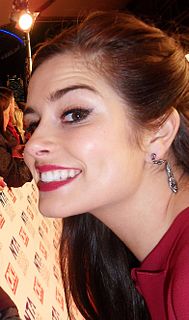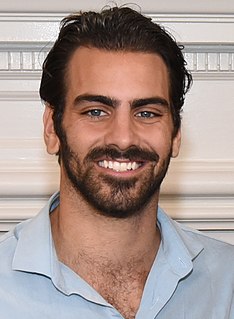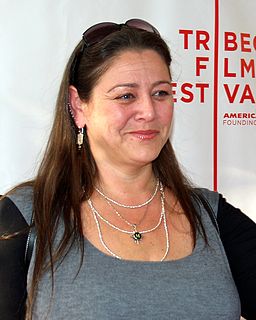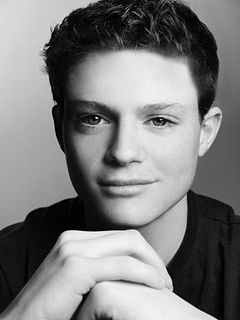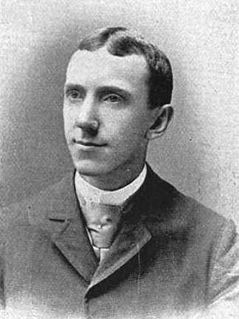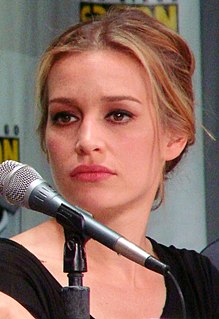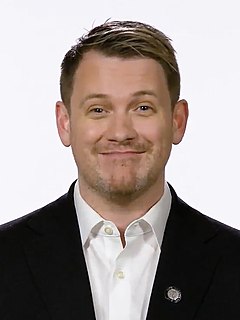A Quote by Rachel Shenton
There are many issues within the deaf community but, for me, none more important than access to education for deaf children.
Related Quotes
Wherever the deaf have received an education the method by which it is imparted is the burning question of the day with them, for the deaf are what their schooling make them more than any other class of humans. They are facing not a theory but a condition, for they are first, last, and all the time the people of the eye.
